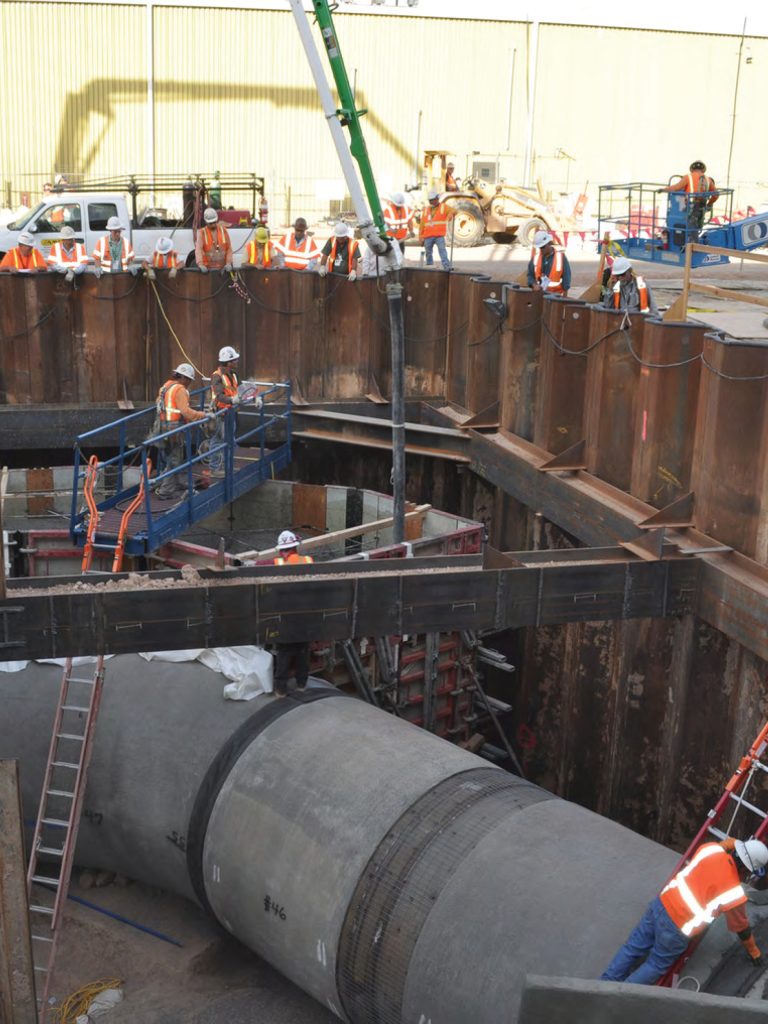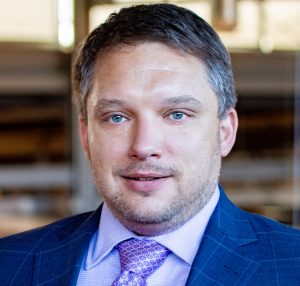Industrial Insights: Addressing Aging Infrastructure of Pipes and Tanks (Series Part 4)

Join us for this five-part series on the design, maintenance, and resilience of industrial facilities. Each 2.5 hour-long webinar will cover a wide range of fast-hitting topics relevant to project teams and owners.
Pipes and tanks are critical components of industrial facilities, yet they are often subject to significant wear and tear over time. Aging infrastructure can lead to operational inefficiencies, safety concerns, and costly failures if not properly managed. This session will focus on strategies for assessing, maintaining, and rehabilitating these essential systems to ensure their reliability and extend their service life. In this session, we will discuss inspection techniques, rapid condition assessment methods, seismic soil-structure interaction analyses, and approaches to fitness-for-service evaluations. The session will also cover innovative repair strategies and offer real-world examples to highlight how these techniques can be applied to manage aging pipes and tanks effectively.
Key topics include buried pipe inspection, condition assessment, analysis, repairs, and seismic considerations for tanks and pipes. By exploring these challenges, attendees will gain practical knowledge to address aging infrastructure in their own facilities.
LEARNING OBJECTIVES
After attending this webinar, participants will be able to:
- Identify effective methods for inspecting and assessing pipes and tanks.
- Understand approaches for corrosion assessments and fitness-for-service evaluations.
- Identify innovative repair and maintenance strategies to aging infrastructure.
- Understand the importance of soil-structure interaction in the seismic response evaluation of key infrastructure, including tanks and pipes.
ABOUT THE SERIES
Industrial Insights: Engineering Discussions for Critical Buildings and Structures
Manufacturing, warehousing, oil & gas processing, power generation and distribution, and other industrial facilities play vital roles in global infrastructure and public interests. These facilities are built and maintained to operate under demanding conditions while meeting the challenges of evolving safety standards, extreme environmental conditions, and enormous pressure to maintain continuous operations. Effectively addressing these challenges requires specialized knowledge, innovative solutions, and a multidisciplinary approach.
This five-part webinar series will explore a wide range of fast-hitting topics in the design, maintenance, and resilience of industrial facilities for project teams and owners. Participants will gain insights into best practices, advanced engineering approaches, and lessons learned from real-world experiences. Each session will focus on a critical aspect of industrial facility management, including maintaining existing structures, mitigating hazards, responding to extreme marine conditions, addressing aging infrastructure, and designing for future demands. This series offers a unique opportunity to learn from SGH experts and engage with professionals dedicated to improving industrial facility performance and safety.
Join us for the rest of the series:
- Wednesday, March 5: Maintaining Existing Industrial Buildings (Part 1)
- Wednesday, March 19: Hazards and Resilience of Industrial Facilities (Part 2)
- Wednesday, March 26: Inspection, Rehabilitation, Design, and Construction of Marine Structures (Part 3)
- Tuesday, April 1: Addressing Aging Infrastructure of Pipes and Tanks (Part 4)
- Thursday, April 17: Designing and Building New Industrial Buildings (Part 5)
Participants will earn 2.5 AIA CES Learning Unit (LU/HSW) for attending the live webinar. Registration is free. Please note that space is limited – email events@sgh.com to join our waitlist if the session is closed when you register.




